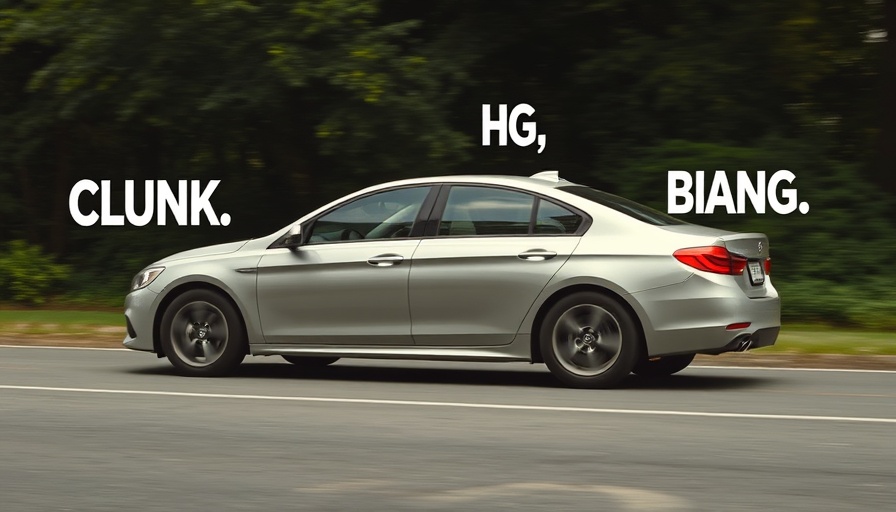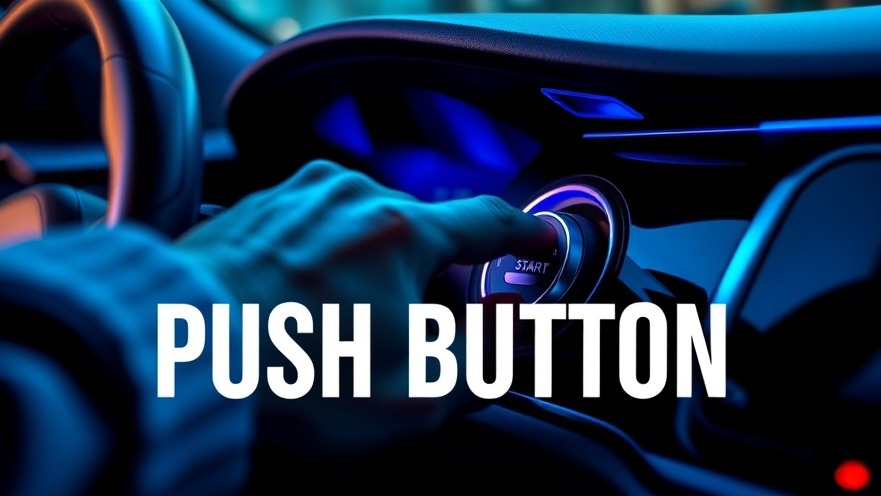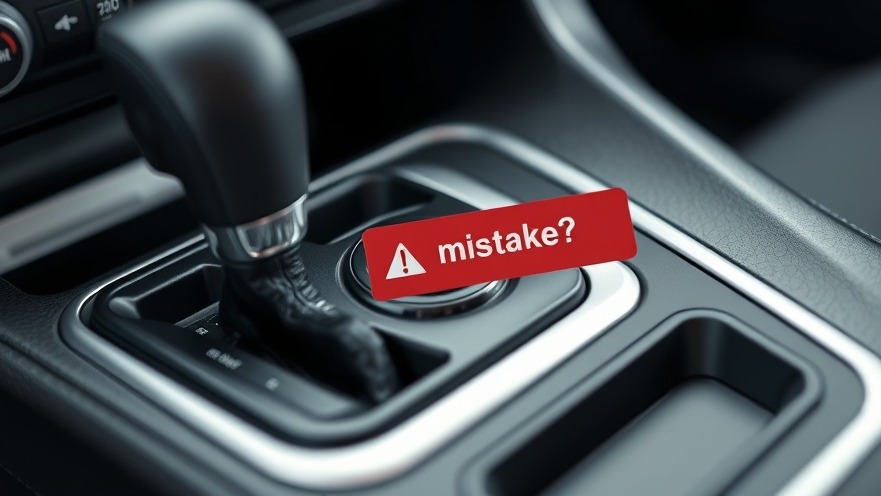
Understanding Your Dashboard Lights: A Crucial Guide
Every driver has encountered the glow of a dashboard warning light at one point or another. These lights serve as vital communication tools between your vehicle and you, alerting you to potential problems. Ignoring these signals can lead to serious issues, both for your car and your safety. In this guide, we will explore the essential dashboard warning lights every car owner must understand, empowering you to react swiftly when such warnings arise.
In 'Every Dashboard Warning Light In Your Car Explained,' we explore the critical meanings behind these signals, prompting a closer analysis on our end.
The Color Code for Your Dashboard Lights
Dashboard warning lights come with a simple color coding that indicates the urgency of the situation. Green lights show everything is functioning normally. Yellow or amber lights signal minor issues that may need attention soon, such as low tire pressure. However, red lights indicate dangerous situations requiring immediate action, often involving critical systems like the engine or brakes. Understanding this color code can make all the difference in maintaining your vehicle’s health.
Key Dashboard Warnings Every Driver Should Recognize
Here are some of the most significant dashboard warning lights you should never ignore:
- Check Engine Light: This critical warning can hint at minor issues, such as a loose gas cap, or severe problems like engine failure. If it's steady, schedule a check. If blinking, pull over immediately.
- Automatic Emergency Braking (AEB) Disabled Light: If this light stays on, your AEB system may not be functioning, which is essential for crash prevention.
- Battery Warning Light: Indicates potential electrical problems. Issues may result from a failing alternator or faulty wiring.
- Transmission Temperature Light: Ignoring this can lead to serious transmission damage. Wait for the system to cool down before proceeding.
- Coolant Temperature Light: An overheating engine can lead to catastrophic failure, so pull over if this light comes on.
Each of these warning lights has its implications, and understanding them is crucial for safe driving.
Common Dashboard Lights and Their Meanings
1. **Oil Pressure Warning Light**: When this red light turns on, it indicates that your engine may not be receiving sufficient oil. Responding quickly can prevent significant engine damage.
2. **Tire Pressure Warning Light**: Keeping your tires in check is vital for safety and efficiency. If this light activates, check your tire for proper inflation.
3. **Brake System Warning Light**: This light could signal a problem with your braking system or a parking brake still engaged. If it remains illuminated, professional diagnostics are a must.
4. **Airbag Warning Light**: If this light stays lit while driving, it indicates a fault in the airbag system, which could jeopardize your safety during an accident.
The Hidden Danger: Ignoring Warning Lights
The most chilling takeaway is that many drivers ignore warning lights, particularly the check engine light, leading to dangerous accidents. Ignoring these alerts can spiral into costly repairs and unsafe driving conditions. For example, a malfunctioning braking system may not only endanger your life but the lives of others on the road as well. Always prioritize your safety and the reliability of your vehicle.
Practical Tips to Stay Ahead in Vehicle Maintenance
Managing and interpreting your dashboard alerts requires a proactive mindset. Here are several proactive steps you can take to be prepared:
- Regularly Check Lights: Familiarizing yourself with all dashboard lights relevant to your vehicle model can help you remember their significance.
- Schedule Regular Maintenance: Visits to a qualified technician can help ensure that any issues are addressed before they escalate.
- Educate Yourself: Learning basic vehicle maintenance, including oil changes or fluid checks, strengthens your readiness for issue identification.
By being vigilant and informed, you can make decisions that directly contribute to your vehicle's longevity and safety.
Conclusion: Empower Yourself with Knowledge
Understanding the implications of every dashboard warning light in your vehicle can significantly enhance your driving safety. It empowers you to act when something is amiss, ensuring that both you and your car are ready for the road ahead. For further insights into common car maintenance practices, check out more resources that can help you stay informed and safe.
 Add Row
Add Row  Add
Add 




 Add Row
Add Row  Add
Add 

Write A Comment